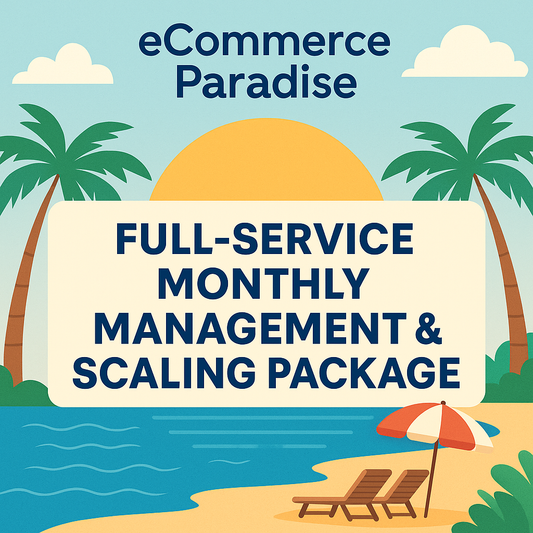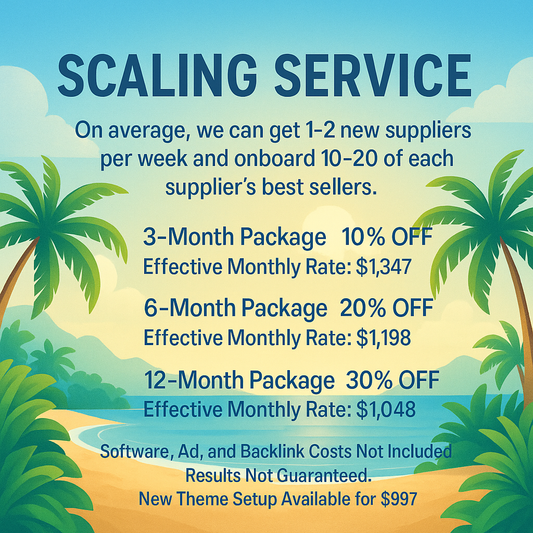
E-Commerce Platforms Showdown: WooCommerce vs. Shopify vs. Magento
In the ever-evolving landscape of e-commerce, choosing the right platform for your online store can be a game-changer. With a multitude of options available, three giants stand out: WooCommerce, Shopify, and Magento. Each platform brings its unique set of features, benefits, and challenges to the table. In this showdown, we'll delve into the world of e-commerce to compare these powerhouses and help you make an informed decision for your online business.

WooCommerce: The WordPress-Powered Dynamo
At the heart of WooCommerce's appeal lies its seamless integration with WordPress, the world's most popular content management system. This dynamic duo grants you unparalleled flexibility, enabling you to transform your WordPress website into a full-fledged online store. WooCommerce offers an array of plugins and themes, allowing you to customize your store's look and functionality with ease. It's an ideal choice for businesses looking for customization and a strong foundation in content marketing.
Pros:
- Flexibility and Customization: With access to a vast library of plugins and themes, you can tailor your store to match your brand perfectly.
- Familiarity: If you're already familiar with WordPress, transitioning to WooCommerce will feel like a natural step.
- Cost-Effective: WooCommerce itself is free, but be prepared for potential costs related to hosting, themes, and plugins.
Cons:
- Complexity: Customization options might require a learning curve, especially for beginners.
- Maintenance: Managing updates, security, and performance optimization falls on your shoulders.
Shopify: Simplicity and Scalability
Shopify is synonymous with simplicity and accessibility. It's an out-of-the-box solution that empowers entrepreneurs with little technical expertise to set up an online store in no time. With a wide range of professionally designed templates and a user-friendly interface, you can have your storefront up and running swiftly. Shopify takes care of the technical aspects, allowing you to focus on growing your business.
Pros:
- Ease of Use: Intuitive interface and straightforward setup make Shopify perfect for beginners.
- Security and Reliability: Shopify handles security, hosting, and updates, ensuring a hassle-free experience.
- Scalability: Whether you're just starting or already established, Shopify grows with your business.
Cons:
- Transaction Fees: Unless you use Shopify Payments, you'll encounter additional transaction fees.
- Limited Customization: While customization is possible, it might be limited compared to other platforms.
- Ongoing Costs: Monthly subscription costs can add up over time.
Magento: The Powerhouse of Custom E-Commerce
Magento caters to businesses that demand unparalleled customization and advanced features. Known for its scalability, it's a go-to choice for enterprises with complex product catalogs and unique requirements. While Magento offers a free community version, larger businesses often opt for the more comprehensive Magento Commerce for its added features and support.
Pros:
- Unlimited Customization: From design to functionality, Magento empowers you to create a truly unique store.
- Scalability: Built to handle large catalogs and high traffic, Magento is a long-term solution for ambitious businesses.
- Community and Support: The large Magento community ensures a wealth of resources and knowledge-sharing.
Cons:
- Complexity: Magento's advanced features come with a steeper learning curve.
- Cost: Customization and development on Magento can be expensive, and the Commerce version comes with a notable price tag.
- Resource-Intensive: Magento's robust features require substantial hosting resources, potentially leading to higher hosting costs.
Choosing Your E-Commerce Champion
In the WooCommerce vs. Shopify vs. Magento showdown, there's no one-size-fits-all winner. Your choice should be based on your business's unique needs, your level of technical expertise, and your long-term goals. If you value customization and are familiar with WordPress, WooCommerce might be your muse. For a quick, hassle-free start, Shopify shines. Meanwhile, Magento serves as the fortress of custom features and scalability.
Remember, each platform has its trade-offs, and it's crucial to assess what aligns with your business strategy. Whichever path you choose, the world of e-commerce awaits, and these platforms are your steadfast companions on the journey to digital success. Happy selling!


















